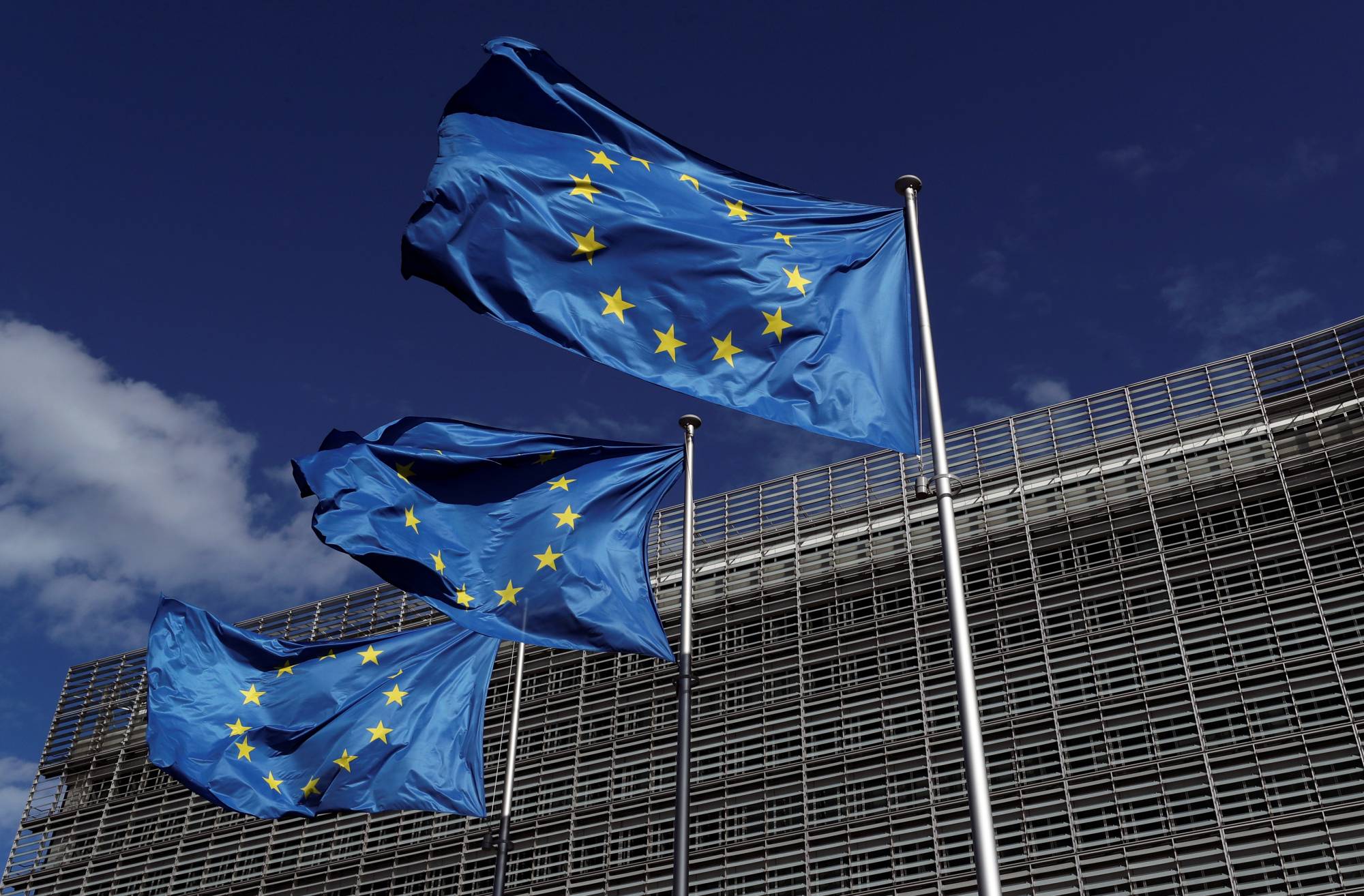Joe Biden’s victory in the U.S. presidential election has been met with a wave of relief across Europe, where many feared that a second term for Donald Trump would have threatened the very survival of the European Union. Biden offers at least the prospect of restoring a more traditional trans-Atlantic relationship. Many assume that the United States will return to leading the liberal international order, with Europeans playing a supporting role through diplomacy and soft power. Batman and Robin are back.
But this vision is a mirage. Long before Trump and his “America First” doctrine, a series of crises — the Iraq War debacle, the Great Recession, COVID-19 — had sapped U.S. willingness to continue serving as the world’s policeman. And over the past four years, other powers — China, Russia, Turkey, Iran, Saudi Arabia, Israel, the United Arab Emirates, and many others — have been filling the vacuum created by America’s inward turn. Much of the global-governance architecture has been hijacked by China and other powers, and is now buckling under the weight of great-power competition.
Despite these geopolitical developments, some European Atlanticists have been hesitant to pursue greater self-reliance for fear of offending the U.S., whereas others secretly wished for a Trump victory on the grounds that it would finally shake Europe (especially Germany) from its complacency. Those in this second camp believe that Europe has made more progress toward securing its own sovereignty over the past four years than it did under the presidencies of Barack Obama, George W. Bush, and Bill Clinton combined.



















With your current subscription plan you can comment on stories. However, before writing your first comment, please create a display name in the Profile section of your subscriber account page.